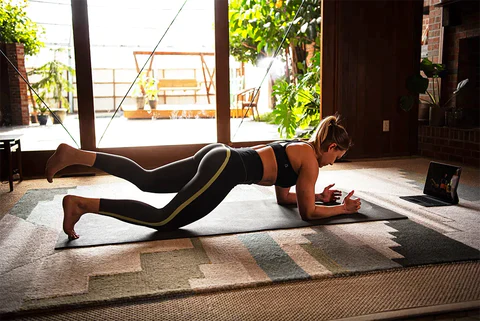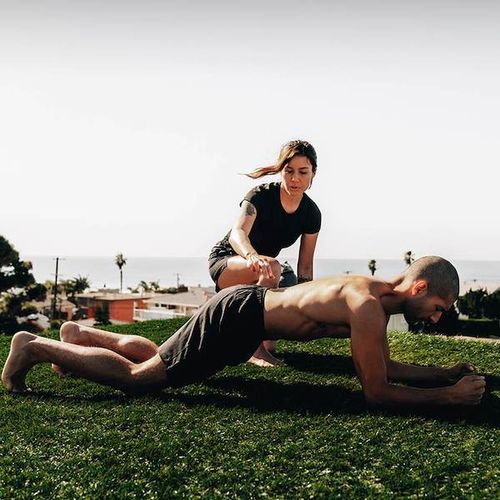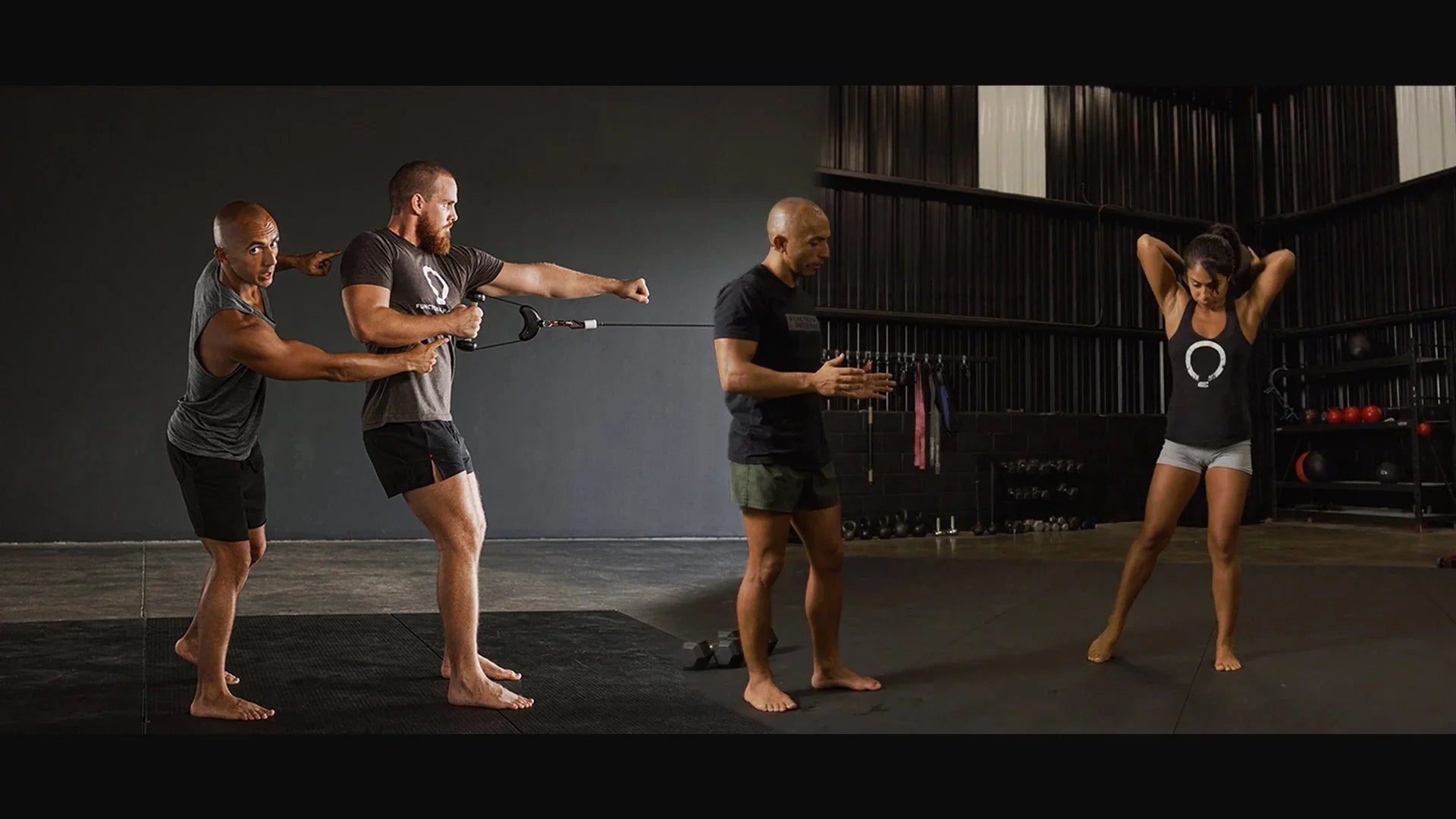Introduction
When it comes to building muscle, diet is an important factor that many people fail to optimize. Building muscle, however, is not solely dependent on diet, and is in fact affected by a multitude of variables beyond just what goes on in the gym or kitchen. So, what diet, behaviors, and habits should one focus on to get stronger while staying lean? Are diets like the Paleo diet good for building muscle? Is there a best diet for building muscle and losing fat?

image by freepik
Macronutrients
Sourcing Protein
Although it is cliché, eating enough protein should be a top priority when building muscle.
Your goal should be to eat about 0.82 grams of protein per pound of body weight. Diets that prioritize meat and seafood are very effective for losing fat and gaining muscle.
We will touch base on the other variables of muscle building, but some of you might be wondering how some people are able to build muscle on vegetarian or even vegan diets. Perhaps you’ve seen influencers, celebrities, and even some athletes pushing these diets; Some vegans in the influencer realm are even able to enter bodybuilding contests. But let’s take a closer look at how you would obtain the protein needed to gain muscle through vegetarian and vegan diets.
While it is possible to eat enough protein on a vegan diet, it is extremely difficult to do so without consuming copious calories. For example, a 12 ounce NY strip steak contains 590 calories and 72 grams of protein. 590 calories of lentils on the other hand (of the most protein dense plant foods), contains only 36 grams of protein. You would need to eat double the calories to consume the same amount of protein from lentils.

Importance of Protein
Here are the 3 main reasons why you should enough eat protein to build muscle and lose fat:
- If you do not eat enough protein, you can lose muscle leading to atrophy (loss of muscle mass) and/or develop a skinny fat body (you are not necessarily overweight, but the body has more body fat compared to muscle mass)
- Protein takes more energy to digest than carbs and fat which increases the number of calories you burn at rest.
- Eating protein helps build muscle. More muscle increases your basal metabolic rate allowing you to burn more calories while at rest.
Perhaps more important than protein, however, is eating the right balance of all the essential amino acids. Most plant proteins, for example, are low in amino acids necessary for building muscle, specifically methionine, lysine, leucine, and tryptophan. By contrast, diets like the Paleo diet include all of the essential amino acids with far fewer calories.
To stimulate muscle synthesis (muscle building), you should aim to eat about 12g of leucine per day. A 12 oz NY steak includes 8.4 grams of leucine, to eat the same amount of leucine from lentils you would have to consume 5 cups of lentils, which is over 1,000 calories.
Building muscle requires eating complete sources of protein that contain all of the essential amino acids, in the right ratios.
One thing to look out for on the Paleo diet is eating too much protein and fat, ignoring carbs may make you feel sluggish while on the Paleo diet.
The Paleo diet includes plenty of well sourced protein, so as long as you’re not going overboard on meat while ignoring fruits and veggies. The Paleo diet is generally a balanced diet that can help you maintain optimal macronutrient balance.
Vitamins & Minerals

When it comes to building muscle, an optimal mineral balance is also extremely important.
As the quality of our planet’s soil continually decreases, so does the nutrient density of our foods. In modern times, it is even more important to prioritize nutrient dense and mineral rich foods.
Some essential minerals for muscle growth include iron, magnesium, zinc, and calcium.
Three reasons why eating lots of minerals are crucial for building muscle:
- Oxygen Transport
- Minerals like Iron help transport red blood cells to all your muscles. If you’re mineral deficient you will have trouble building muscle.
- Oxygen Transport
- Calcium, magnesium, potassium, and phosphorus are important nutrients that ensure muscles contract as they should. During exercise, if your muscular calcium or other minerals run low, you may experience fatigue. Magnesium on the other hand helps your muscles relax after contracting. If your muscles can’t fully relax they won’t be able to fully contract either.
- Muscle recovery
- Magnesium, zinc, and vitamin C are three key nutrients for muscle recovery. These minerals enable your body to produce testosterone and help it to recover more quickly between workouts. It can also help to speed wound healing and support a strong immune system.
Meats, fish, and dairy are generally the most mineral dense foods per calorie.
Some mineral rich foods that can help you gain muscle include:
- Beef
- Eggs
- Salmon
- Liver
- Sardines
- Dark leafy greens (We recommend minimizing your consumption of these due to certain anti-nutrients that can cause inflammation)
- Whole milk (We recommend trying raw, organic milk or flash-pasteurized A2 milk if you have difficulty with lactose digestion)
Whenever consuming animal products make sure to eat well sourced (such as pasture-raised, or wild caught) and if possible, local foods.
All of the above foods are included in the Paleo diet. The paleo diet is a good diet to lose fat and build muscle.
Vitamin D
Vitamin D is crucial for protein synthesis and is deficient in many adults.
Three reasons why you need vitamin D to build muscle:
- Vitamin D promotes the absorption of calcium and phosphate which are vital nutrients for muscle contraction and growth. Without vitamin D, your body will not absorb calcium or phosphate.
- The research suggests that Vitamin D deficiency can lead to muscle weakness and atrophy, while higher serum levels of vitamin D are associated with reduced injury rates, improved sports performance, improved recovery, and increased muscle strength.
- The paleo diet can help increase Vitamin D due to its inclusion of seafood such as salmon or halibut. It is very difficult however, to obtain sufficient vitamin D through diet alone. Exposing your skin to the sun is essential for maintaining optimal hormone and vitamin D levels.

Stress
Excess stress and overactive adrenal glands can significantly impede muscle building. According to a study published in the American Journal of Physiology, psychological stress can significantly increase muscle atrophy (muscle loss). Psychological stress also decreases substrate oxidation. Substrate oxidation plays a critical role in cellular respiration which is the system by which your cells produce energy. A slowed down metabolism results in even greater energy storage in adipose tissue (more fat).
Psychological stress ultimately increases susceptibility to musculoskeletal injury because it creates smaller, weaker muscles that are less capable of producing force.
The impacts of stress on muscle strength and size are an example of the mind body connection at work. If you’re struggling to build muscle despite working out and eating enough protein, you may be dealing with significant amounts of psychological stress.
Exercise
Lifting heavy objects creates small micro tears in muscle fibers. When you rest after a workout, your body then repairs those micro tears and builds even bigger, stronger muscles.
Without stimulating your muscles through exercise, your muscles will not grow no matter what you do.
When exercising, you must make sure you are getting stronger and lifting heavier weights week after week. Cardio and HIIT workouts will not help you gain muscle and lose fat unless you are doing strength training in conjunction.
Why do you want muscle?
Before deciding to build more muscle, make sure to ask yourself why you want to build more muscle. Many people build muscle for social validation, vanity, or in response to social pressure. Make sure you’re not building muscle for the wrong reason. If you’re driven by social validation, or if you’re struggling with body dysmorphia, no amount of muscle or getting in shape will make you feel happy or content.
Some good reasons to build muscle include promoting health, increasing longevity, or improving athletic performance. Getting in shape for aesthetic purposes is a completely valid goal, as long as your drive does not come from a place of insecurity and as long as aesthetics are not your only motivating factor.
Making decisions based on what will serve your body from a functional perspective will result in the best outcome mentally, emotionally, and physically.
Conclusion
While the Paleo diet can potentially help an individual in gaining additional muscle mass, diet is not the only factor in building muscle, and in some cases it may not even be the most important. If you are moving well, digesting well, and sleeping well, there may be a greater potential for optimal nutrition absorption, regardless of your diet. The Paleo diet can help you gain more muscle, but subscribing to the Paleo diet alone won't be the deciding factor to your ability to increase muscle mass. If you want to build muscle while slimming down, make sure to follow the protocols previously mentioned in this article.







